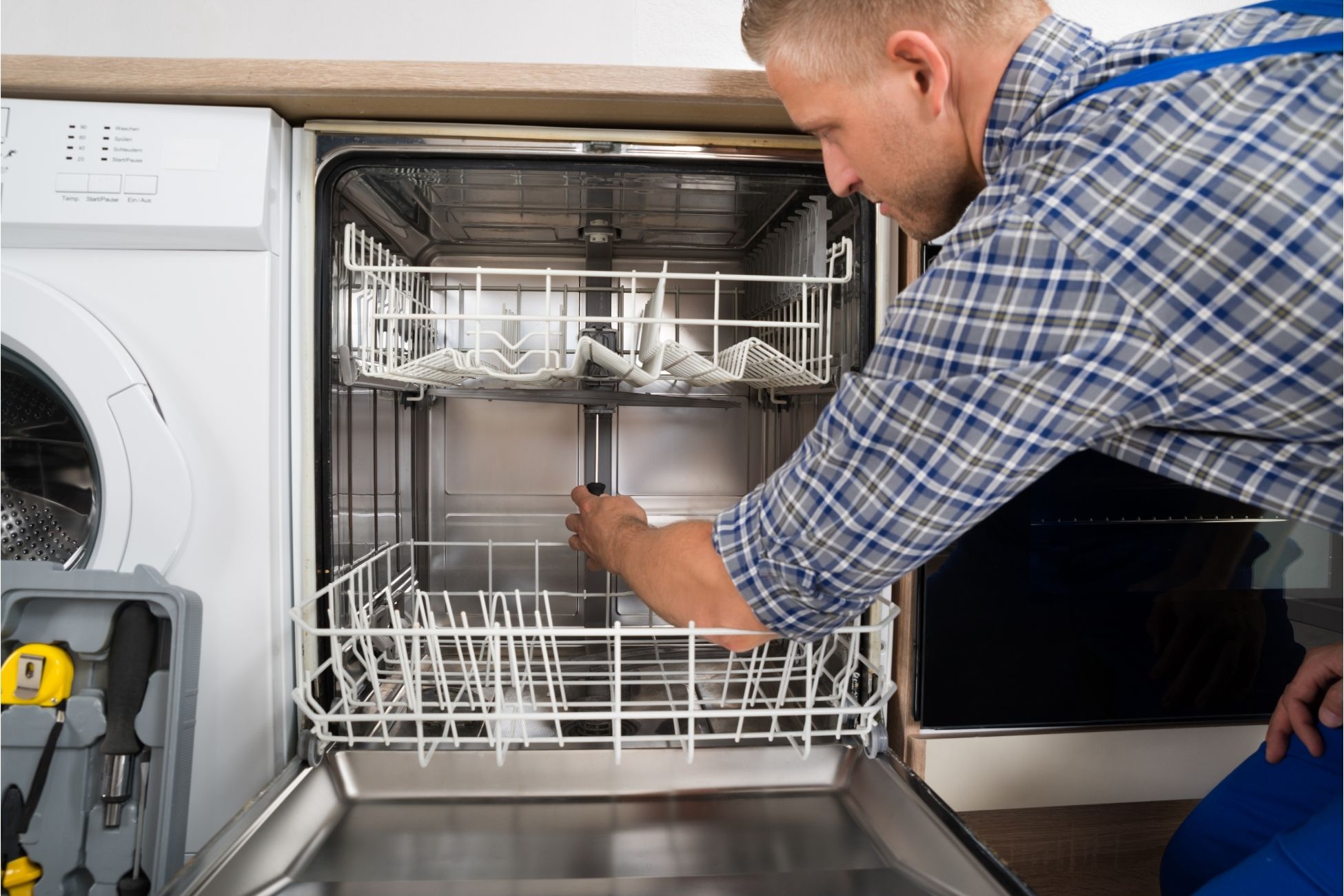Dishwasher Mistakes to Avoid For Longevity
Posted on Posted in Appliances 101
All major appliances have proper maintenance protocols to ensure it offers years of reliable use. Dishwashers are no exception. Mold, mildew, inefficient cycles and malfunctioning mechanics can disturb your kitchen’s flow for meal prep and cleanup. These repairs can also be costly. It’s important to prevent these issues by avoiding some common mistakes. As with any appliance, it’s best to refer to your product’s manual for the most accurate information.
- Running short, cold cycles. Many dishwashers can come with different cleaning options, such as cold washes or short rinses. However, it may be in the best interest of your appliance to stick to the standard full, hot cycles. A cold and short cycle can cause sludge and slime buildup. To ensure your dishwasher’s water is truly hot, try briefly running the hot water from the faucet closest to the dishwasher (typically your kitchen sink) before starting a cycle.
- Skipping heated dry. Similar to the previous rule, your dishwasher does need an extra hot cycle to burn off any lingering dampness and humidity. Not doing so can lead to mold and mildew. Use the heated dry option to give your unit a little more power to do its job.
- Using detergent pods. Most of the time detergent pods are more convenient, but may not be as effective as liquid detergent. Most newer dishwashers don’t get the water hot enough to completely dissolve the pods. Look out for any half-dissolved pods in the dishwasher door or residue on glassware. A detergent pod could be the culprit.
- Not cleaning filters daily. You may be unaware of the fact that your dishwasher has a filter food debris. This filter traps larger food particles, similarly to a basket drain in your kitchen’s sink. Leaving these filters dirty or clogged with food can lead to inefficient water flow and ultimately a less effective dishwasher.
- Avoiding maintenance. Anytime you notice your dishwasher working less efficiently than normal or leaving food residue behind on dishes, it may be time to schedule an inspection or maintenance. Sometimes sensors can malfunction and the dishwasher will stop heating water properly, no matter the way it’s set. It’s best to always take note of these issues sooner rather than later. A technician will be able to identify and fix any obstructed or faulty sensors before the appliance breaks down completely.
Source: the Kitchn

